|
A few years ago you could pick up almost any running or fitness magazine and read about the benefits of consuming caffeine prior to running or exercising. Runners, just like many of you, like to take a swig of their favorite caffeinated beverage before they leave for their morning run. In fact, it's not too uncommon to see runners just before a race downing an extra tall cup of joe before the horn blows. After all, studies have shown that drinking a little caffeine can actually give us some benefit by slowing down the rate of fatigue, keeping us more alert and it may even help ease the pain caused from exercise induced muscle soreness. However, the running world is being warned about the dangers of consuming too much caffeine before and during a long distance run or race. Doing so can actually have fatal or debilitating consequences, primarily for the longer distance runners who consume caffeinated beverages and then use caffeine based gels, gus or jelly beans as a refueling source during their races or training runs. Last month, Dr. Lewis G. Maharam, also known as the Running Doc on RunnersWorld.com, put out a notice to runners to carefully monitor their caffeine consumption before and during runs or races of 10K (6.2 miles) or greater distances. This, after the International Marathon Medical Directors (IMMD) began to look into the cause of death and collapse of runners at various races across the world. Unfortunately, those runners who died were unable to give any insight as to their caffeine intake prior to their death. However, the runners who collapsed and were successfully resuscitated have been interviewed and it appears there may be a connection to caffeine consumption and their subsequent collapse. The common denominator for the runners appears to be the amount of caffeine they consumed before and/or during a race. Running experts recommend runners limit their caffeine intake on their run/race day to no more than 200 mg (the equivalent to 2 cups of coffee), however these runners reported to have exceeded this amount. With so many energy drinks on the market today, not to mention the countless gels, gus and jelly beans containing caffeine, as well as quick access to coffee shops, caffeine is very seldom in short supply. But until more is known if there is a connection between caffeine and the death or collapse rate of long distance runners, tis better to err on the side of less is more. Do you monitor your caffeine consumption? Will the recent news report from the IMMD discourage you from consuming caffeine based beverages and foods prior to or during your exercise or running? |
Related Entries
More From SparkPeople
|

.jpg)






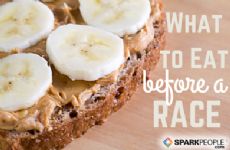

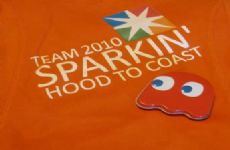







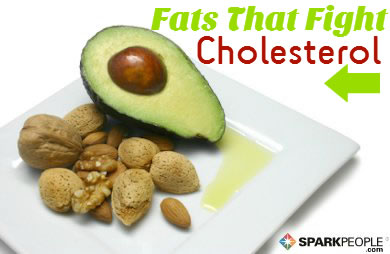
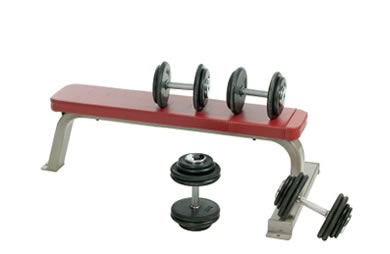
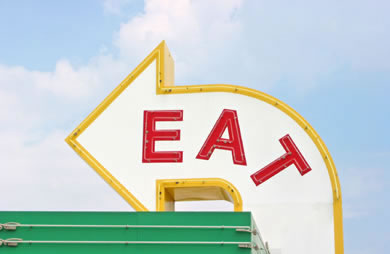
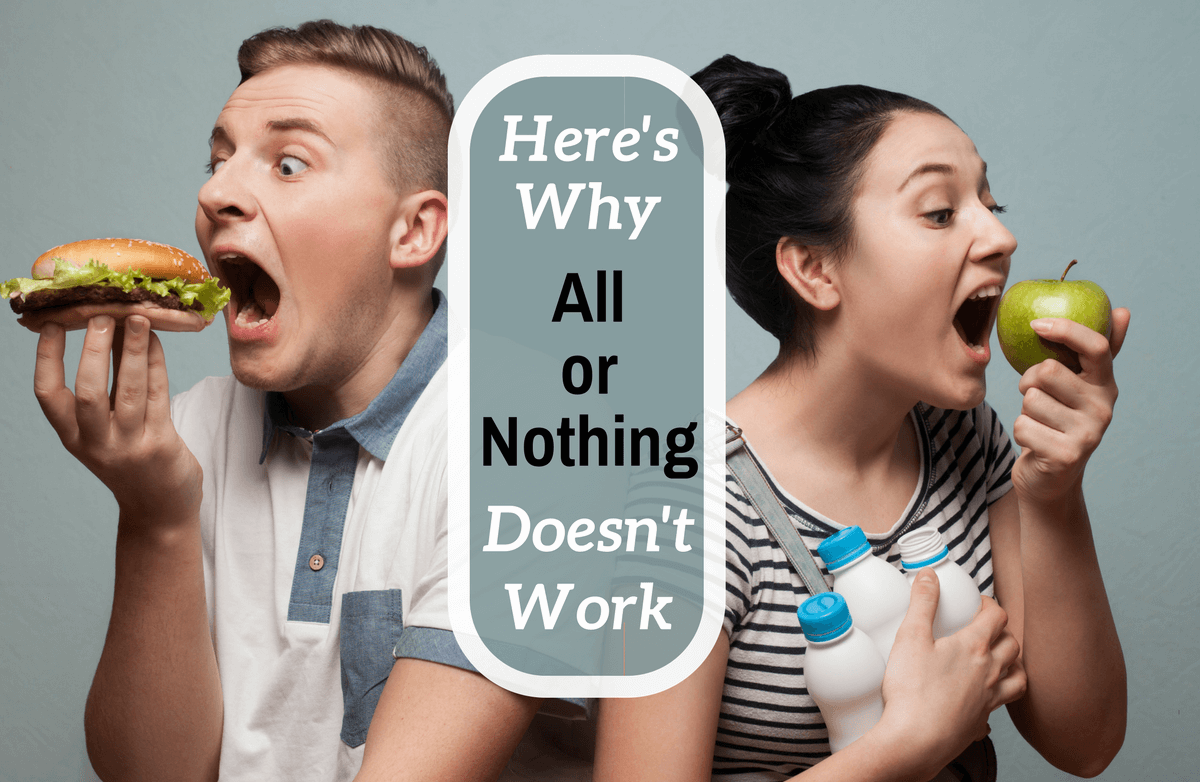
.png)